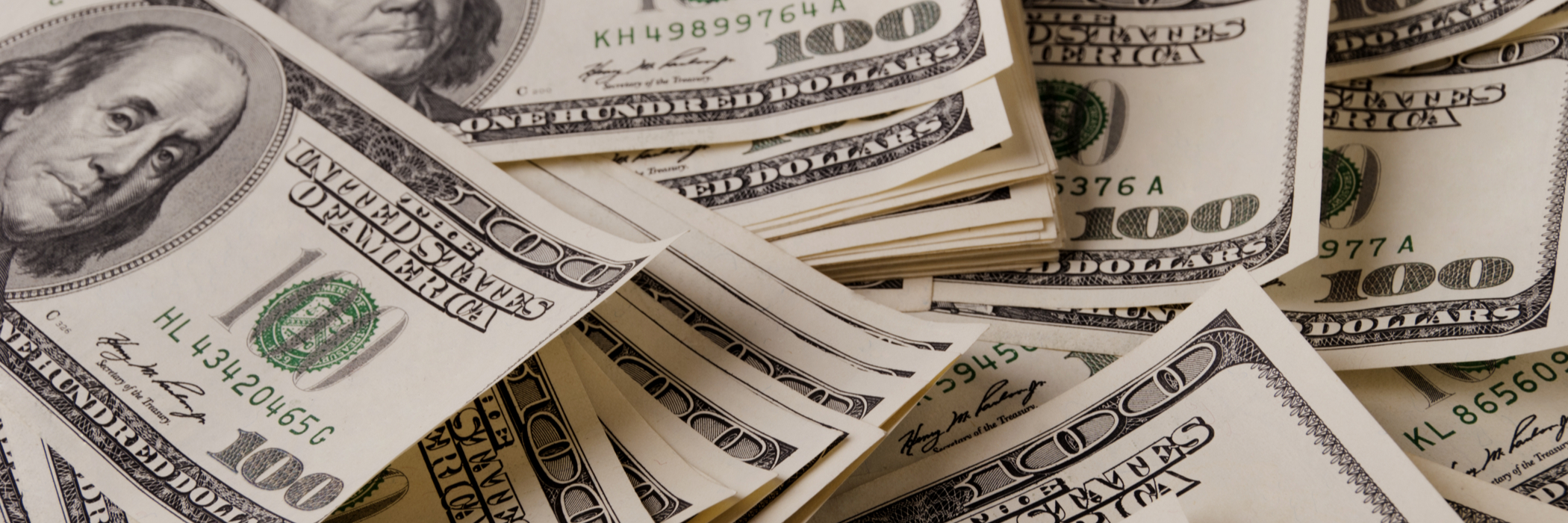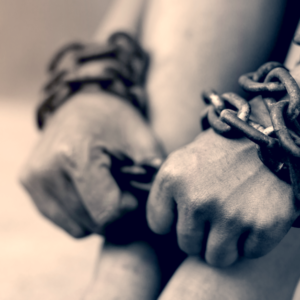
Op-ed: How an obscure business law facilitates human trafficking in massage parlors
Someone looking to comparison shop for commercial sex at one of Utah’s 50 or so illicit massage parlors can visit an online review board and get graphic descriptions of experiences with individual women in these locations.
Meanwhile, the privacy of the people who actually own the businesses where these acts take place is scrupulously protected nationwide by U.S. law. There is a very real and tragic cost to this irony. Research shows the majority of these women are likely victims of human trafficking. Corporate secrecy makes prosecuting the traffickers and helping the women find freedom extremely difficult.




